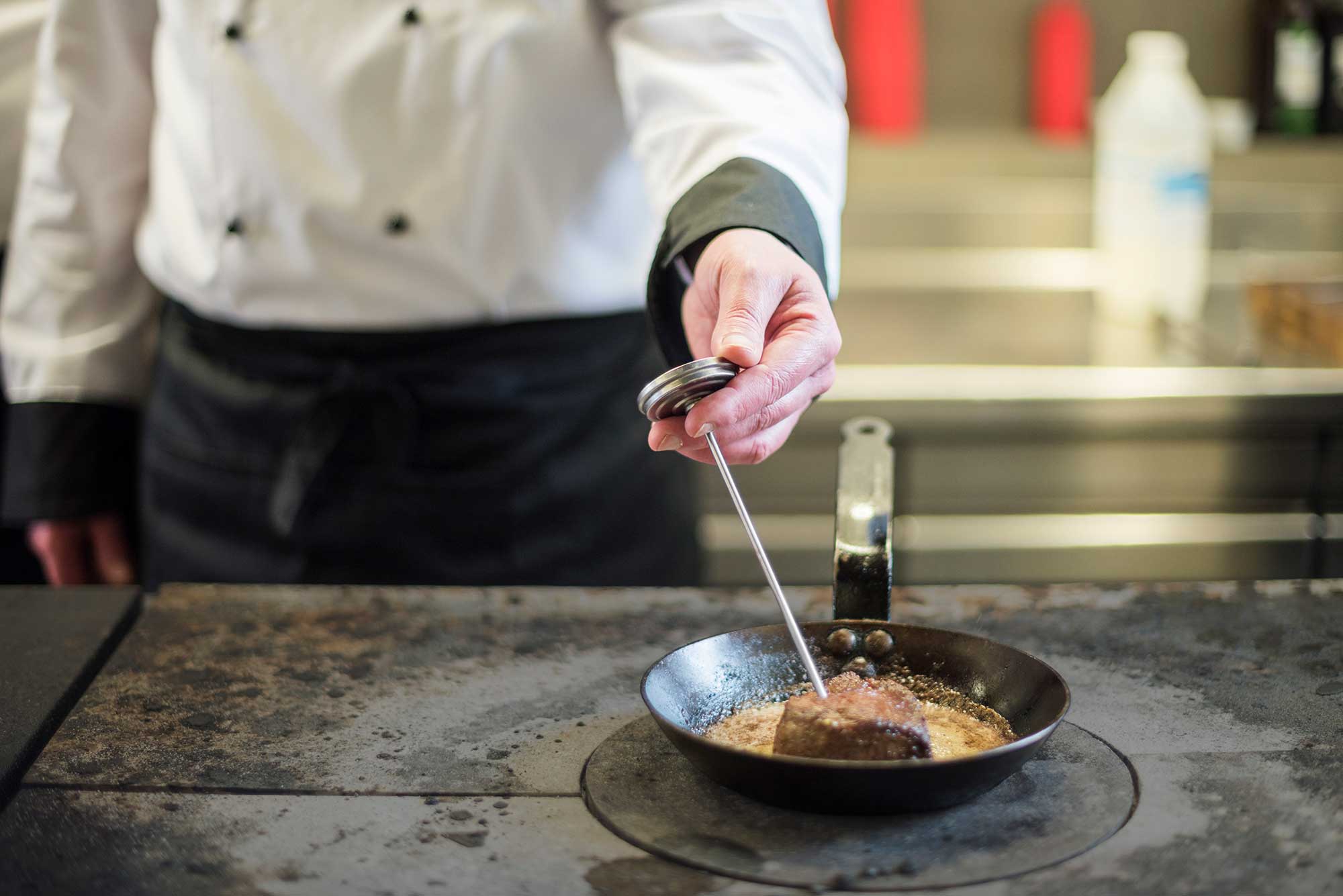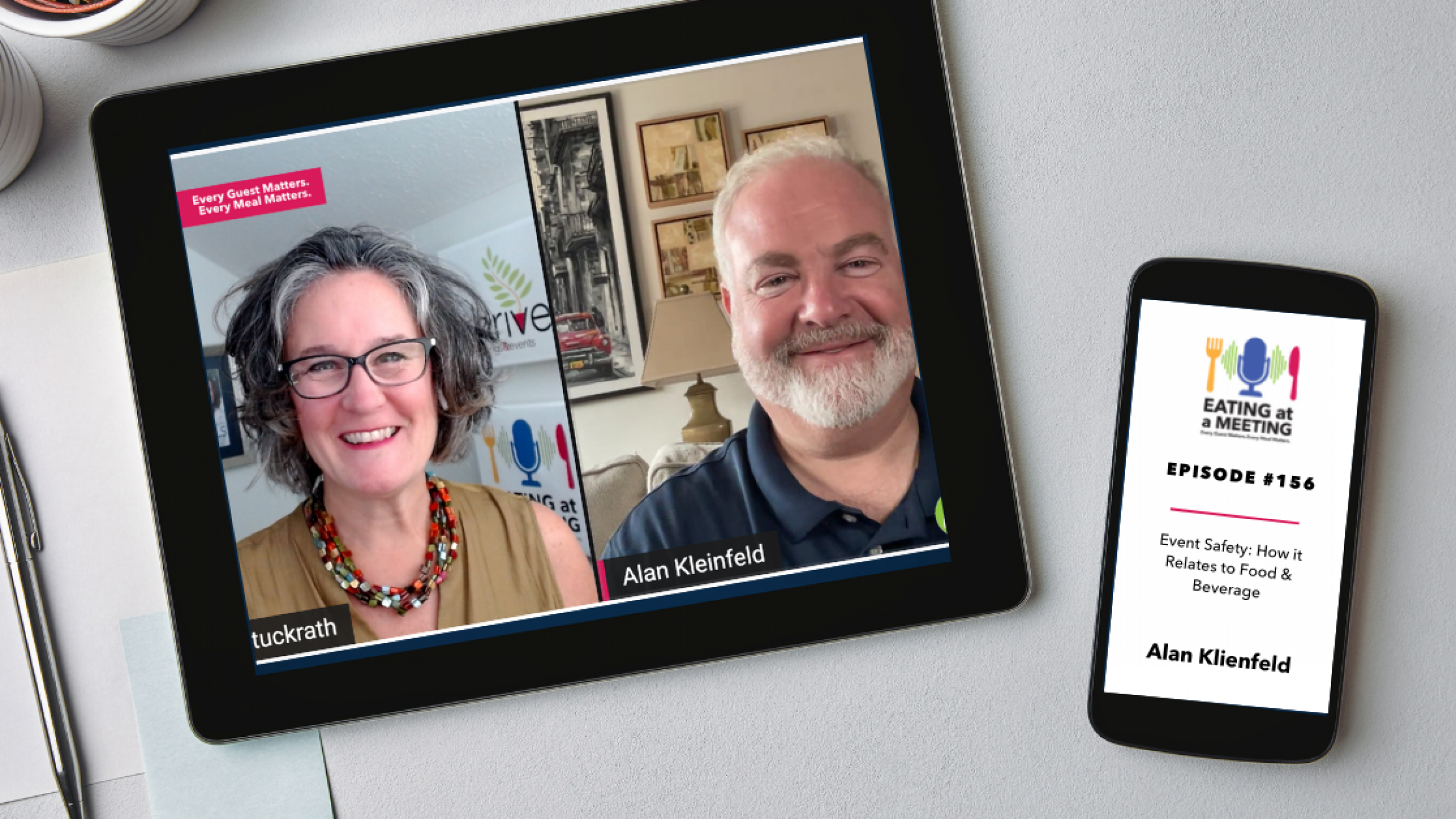Food Safety Best Practices are
Important to Help Protect Lives
Facing a long checklist when conducting site-inspections—or booking caterers—event planners might overlook the issues of food safety and food allergens. But given the frequency of food recalls and outbreaks of food borne illnesses in recent years, its vital for event organizers to evaluate how suppliers tackle these issues, and not to shy away from asking questions about food safety policies and procedures.
“The best question to ask is how they handle allergies,” said Jeff Sommer, executive chef, Wildhorse Resort & Casino, in Pendleton, OR. “You need to feel confident that everyone understands how things have to be.”
The number of concerns that can arise for venues is dizzying, he noted. One group he worked with doesn’t serve chicken breasts on the bone because there once was a choking incident; another said skewers can’t be bamboo because a piece of that material previously showed up in an executive’s food at a meeting. ”You have to get to know each group, and cater to their needs.”
“You need to feel confident that everyone
understands how things have to be.”
Planners can educate themselves too, said Matt Roach, regional chef-convention centers, for Levy Restaurants.
“Understanding the seasonality of ingredients—especially high-risk items like shellfish—is important,” he said. “You don’t want to ask for oysters in the heat of summer.”
Also, Roach asserted, “It’s good for planners to understand the challenges that come with having an event outdoors. Some venues will build a pantry nearby but many don’t.”
There are precautions planners can take to ensure food safety, he added. “Meeting planners should ask, ‘Do you have a secondary food safety company that audits you?’ They’ll come in quarterly or unannounced, and they’re usually stricter than the [state or city] Health Department. It’s important.”
Roach also advised groups that meet outside to “make sure landscaping crews are involved. They can spray the area and treat the ground for bugs.”
It’s important for meeting planners to be proactive regarding food allergies, noted chef Keith Norman, food safety consultant and assistant executive chef at South Point Hotel & Casino, in Las Vegas. “One thing we love is when we get that allergen list up front, so we can prepare. When we get the information last minute, it drives us crazy.”
And when reviewing proposals or conducting site-inspections, Norman advised event planners to ask questions about food safety as part of their best practices. “Find out the chef’s experience with food allergens, and ask about the property’s standard operating procedure for dealing with them. Make sure the banquet chef—or at least, someone from the kitchen—is in every meeting. He or she knows the kitchen, the catering team knows the menu.”
event planners to ask questions about food safety
as part of their best practices.
Norman even suggested planners pose some pointed questions. “Ask, ‘What’s your hand washing procedure? How do you avoid cross contamination?’ If you don’t ask, what are you going to say to your group if a bunch of people get sick? I don’t mind the questions because I’m proud of what we do here.”
Use this Checklist to start creating your own food safety best practices..



